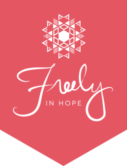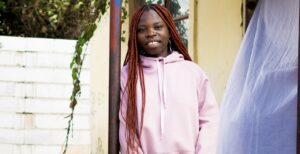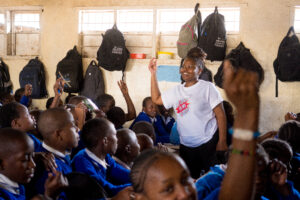With the COVID-19 pandemic and mandatory quarantine being in place for months now, disparities between how the pandemic is affecting people of different race, gender, and class have never been more apparent.
In a recent interview with Freely in Hope’s Program Manager Lydia Matioli, Lydia shares her experience in how shelter-in-place is disproportionately affecting the most vulnerable communities.
WHAT DISPARITIES HAVE YOU NOTICED CONCERNING HOW COVID-19 AFFECTS VARIOUS COMMUNITIES WITHIN KENYA?
In Kenya, the main racial discrimination we face is against the Chinese. People have embraced the idea that any Chinese person around them is infected. They will even go to the extent of yelling at them and discontinuing business with them. It also isn’t just the Chinese, but any person of Asian descent that is facing the hardships of online bullying and lack of profits from business.
Sexual violence cases have risen astronomically as friction at home rises with an increase of time spent together and the pressures of COVID-19. Circumstances of being laid off or bringing in little to no income produces anxiety and with shelter-in-place, this leaves women stuck at home with their children and their abuser. Staying at home also triggers many survivors as they are now constantly surrounded by memories of trauma and abuse with no safe place to escape.
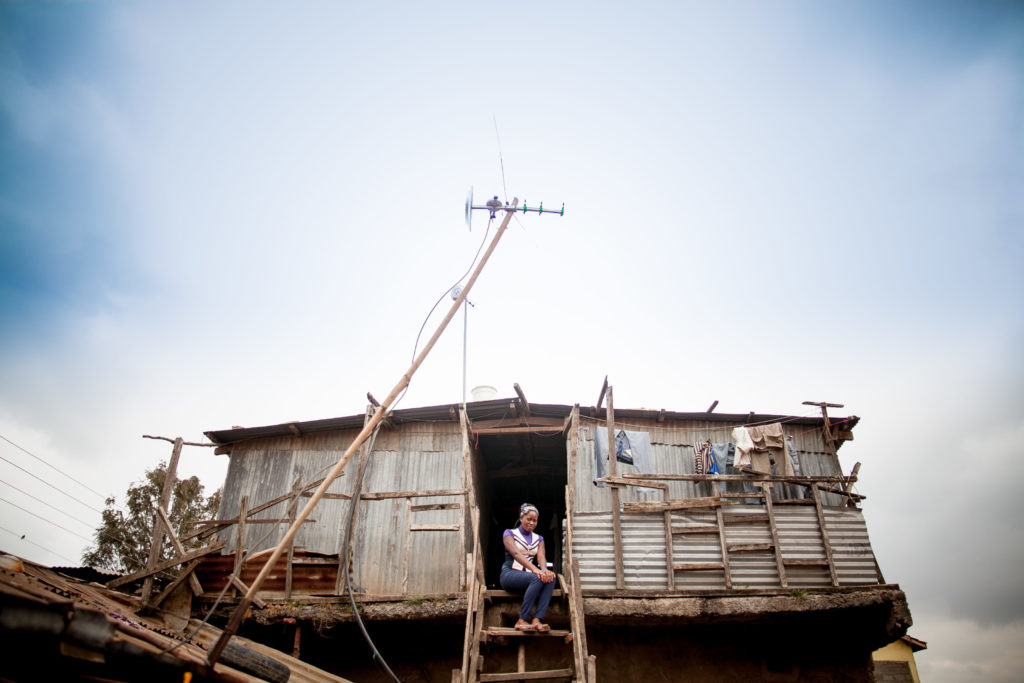
“From the perspective of the wealthy in Kenya, people from the slums or the lower class are seen as carriers of the virus. Our living conditions and lack of resources has made the spread of COVID-19 rampant in poorer communities. This has caused many businesses that are supported by the upper class to lose their money; such as domestic workers no longer allowed into the homes they work in and companies that relied on purchases from the wealthy to stay afloat.
Within the slums, shelter-in-place is almost impossible. Many households cannot afford to completely stop working while still providing for their family and thus must continue to find ways to work, legally or not. Crime rates have increased; the other morning a woman walking alone was attacked and robbed on her way to the market. Toilets are far from the home, leaving men and women vulnerable to rape and an increased chance of catching the virus. Even with the help of the government giving out food stamps, this has actually increased violence, as it wreaks havoc on the area that is distributing the food.”
HOW IS THE KENYAN GOVERNMENT RESPONDING?
“The first thing the government did was enforce a curfew at 7:00pm. This was actually enforced very strictly, as police would begin to beat people outside starting from 6:59pm. However, many have still found their way around it with there even being a case where teenagers stole a medical vehicle to use illicit substances after curfew. Requiring masks is another law that has been put into place, yet they are not providing any free masks and buying disposable ones aren’t practical for most people. Often, you’ll find people either not wearing any mask or using something arbitrary, like a bra, to cover their face.”
How is Freely in Hope responding?
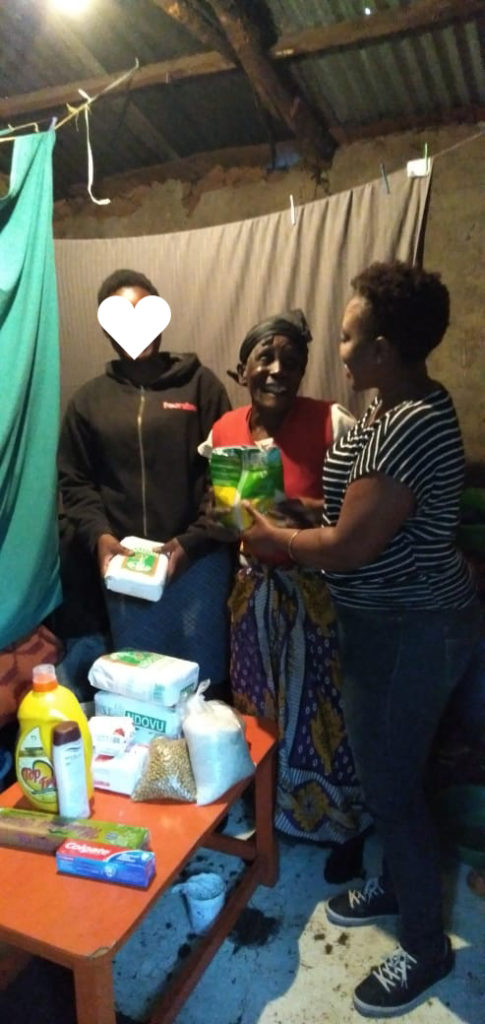
“Freely in Hope has already put into place several initiatives to aid the community and our staff here in Kenya and Zambia. For Mother’s Day, we ran a Mother’s Day Basket campaign where every $50 spent provided a food basket to a family in need and that was so fun and a great success! Also running this month is Freely in Hope’s partnership with One Day’s Wages to strengthen academic support for survivors of violence during COVID-19.”
As shelter-at-home mandates have increased the number of sexual violence incidences and opened the gaps within society class and health worldwide, Freely in Hope and One Day’s Wages have come together to keep the community safe by: caring for our staff, providing food for families, and strengthening academic support. Equipping families with food and other daily supplies lessens the exposure to the virus by reducing the risk of exploitative modes of work. Just $50 enables us to give a family a food basket to keep families and people off the streets and into safety.
As part of the campaign, One Day’s Wages has provided Freely in Hope with a double matching grant! This means that any donation made to our ODW’s campaign going on now until the end of the month will be tripled up to $15,000!
